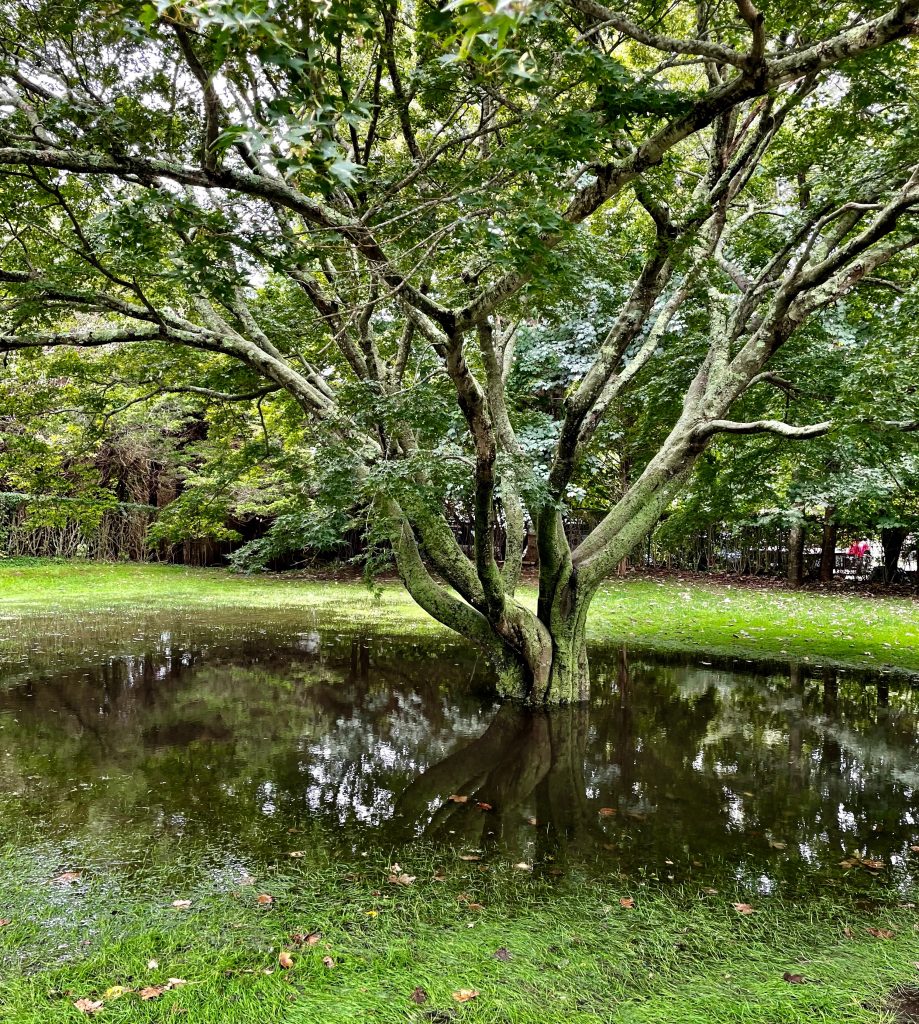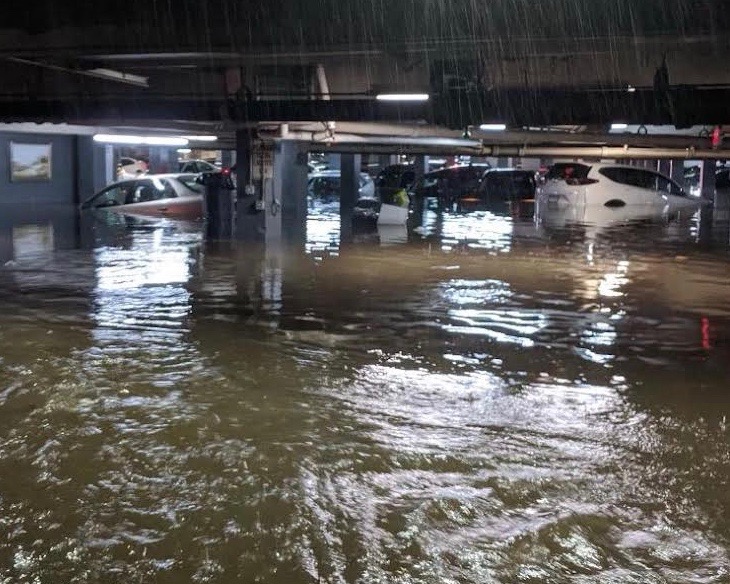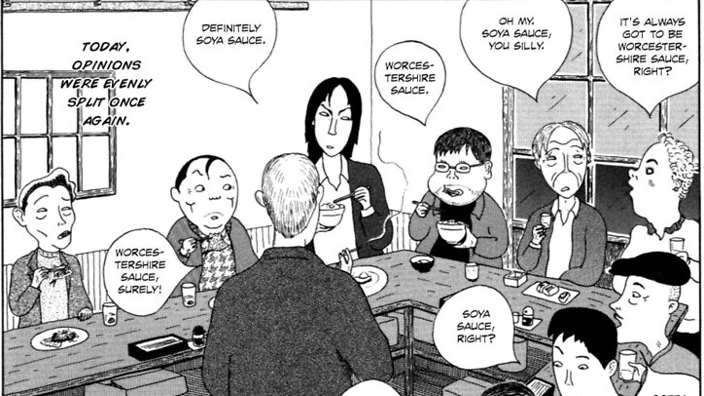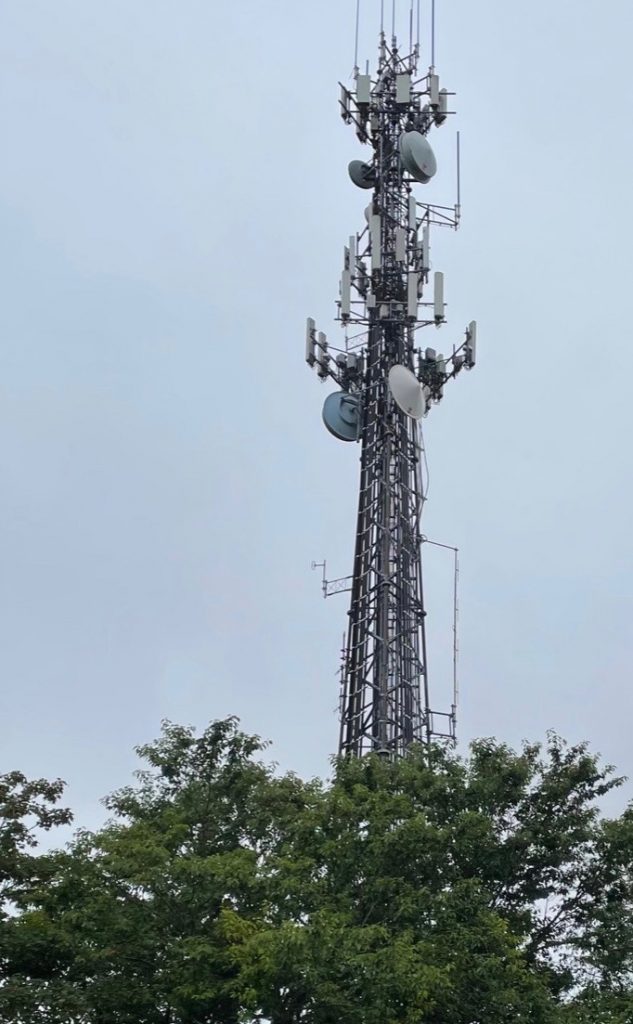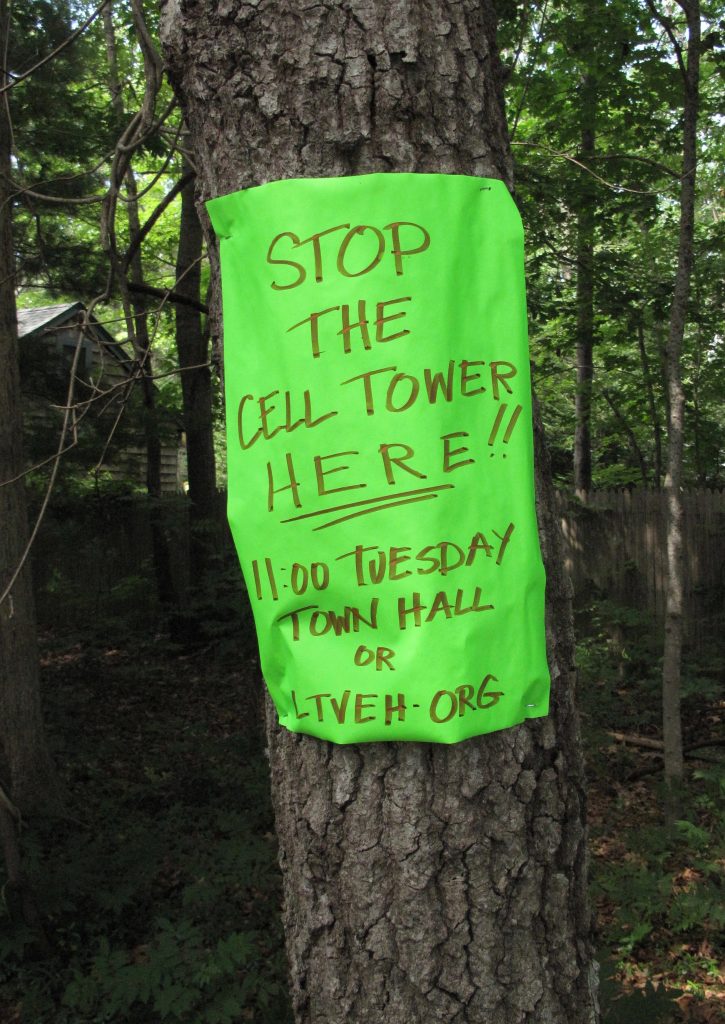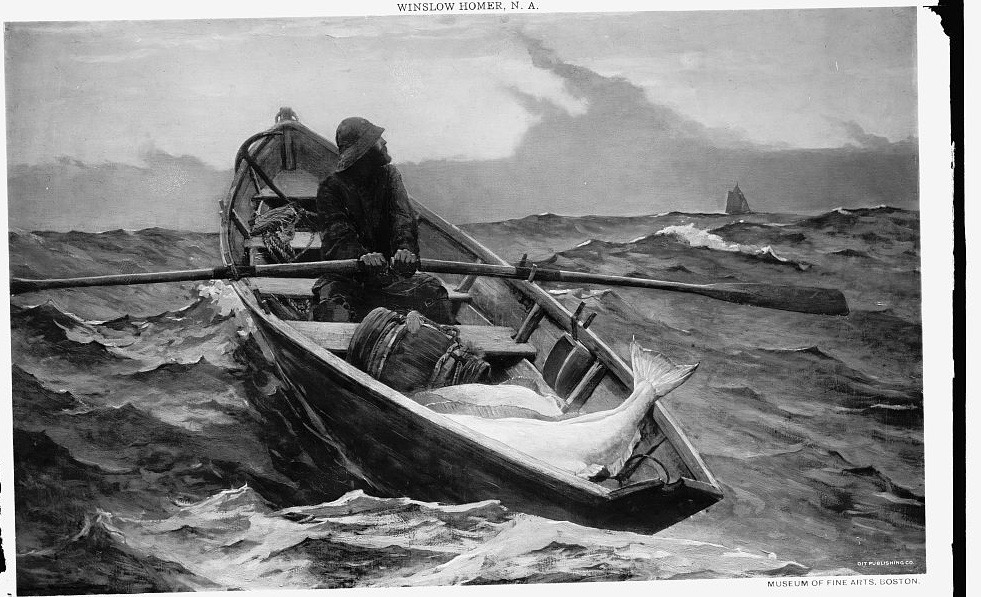
Monday, October 11
It’s impossible to get away from discussions about climate catastrophe nowadays. Even some New Yorker short stories assume a bleak, terrifying future with an all-but-uninhabitable planet: The Oct. 11 issue includes Karen Russell’s “The Ghost Birds,” which depicts a world with constant West Coast forest fires and depleted of all avian critters.
Today, as I drove to the East Hampton recycling center to unload a bunch of rotting garbage and empty plastic bottles, BBC Radio aired a program that seemed aimed directly at me, the small-time eco-criminal. Richard Deverell, the head of London’s Royal Botanic Gardens (otherwise known as Kew Gardens), discussed climate change and his institution’s role in educating the public on the matter. Deverell offered one observation that struck home: Quoting the Financial Times columnist Tim Hartford, he noted that a key problem arises whenever one seeks to call climate change a crisis.
When you get up and see that it’s a lovely, cool fall morning, the world certainly doesn’t seem to be in crisis. You don’t run out the door screaming as you would if the house were on fire or if you were under attack from a violent intruder. But that’s probably just how we should be reacting. Climate activist Greta Thunberg certainly thinks so.
And when it’s not raining, it certainly has been lovely here on Long Island. Our heating technician recently called and pronounced our furnace ready to face another harsh winter. There are plenty of acorns around and lots of berries on the holly trees—indications, some say, of a cold and difficult season on the way. I already have a store of burlap in waiting to wrap the boxwoods as protection against moisture-robbing winds. I also have plans to re-pot and bring inside some of the thyme and basil that are still flourishing outside.
Our grocery delivery service continues it’s uneven performance. This week, they said our requested sun-dried tomatoes, camomile tea, and gelato were all out-of-stock. These shortfalls, along with our reduced supplies of cash money and coffee, mean that we will shortly be forced to venture into downtown (hah!) East Hampton and go to the bank and fancy-food emporium Citarella. But such are the crises we face here in Lotus Land. After forty years of living in Manhattan, where every day entails a sweaty subway scrum and street-crossing deathmatch, it’s hard to believe that millions of Americans live this life of ease…at least until the next flash flood or hurricane hits.
Dinner: turkey meatloaf, Brussels sprouts, and a green salad.
Entertainment: Having completed a many-episode viewing of the excellent 1990s Britbox drama Our Friends in the North, we’ll have to come up with something new. There’s Hulu’s Reservation Dogs (Native American kids shoplift and scrimp as they plan their escape from a run-down Oklahoma res) or Netflix’ Gentefied (a Los Angeles chicano family tries a variety of ploys to save papa’s taco restaurant). Netflix also has Kim’s Convenience, which features a Korean family’s efforts to keep its Toronto store afloat. Hmmm–all of these seem somewhat alike, don’t they?

